Read time: 4 mins
The room buzzed with energy as the moderator invited participants to share their thoughts on the latest product prototype. Only, this wasn’t a room—it was a digital meeting space, bridging time zones and borders effortlessly. With ideas flowing freely, a common realization dawned: insights don’t have to come at the expense of flexibility. Online focus group tools have revolutionized how brands connect with their audiences, making meaningful feedback more accessible than ever.
Key Takeaways
- Online focus groups provide cost-effective, flexible solutions for gathering diverse customer insights.
- They eliminate geographical barriers, enabling brands to reach broader and more inclusive audiences.
- Customization features allow businesses to tailor the experience to their needs, fostering deeper engagement.
- Integration with analytics tools can streamline data interpretation for actionable insights.
The Changing Landscape of Customer Engagement
The traditional focus group setup—renting a venue, coordinating schedules, and relying on local participants—often posed logistical and financial hurdles. Online tools have reshaped this process, creating opportunities for brands to access a wider pool of participants while cutting costs. With the global shift towards digital interaction, these tools are not just a convenience; they’re a necessity.
How Online Tools Enhance Focus Group Accessibility
Online platforms democratize market research by bringing diverse voices into the conversation. Whether connecting with rural communities, international markets, or niche demographics, these tools remove the physical and financial barriers that once restricted participation.
Features That Drive Insightful Conversations
Today’s tools come equipped with features like real-time chat, video breakout rooms, and sentiment analysis. These capabilities enrich discussions, offering researchers deeper insights into participants’ behaviours and opinions. Choosing a platform with robust features tailored to your business needs can significantly elevate the quality of your findings.
When to Use Online Focus Groups
Not every research project is a fit for online tools. They shine in exploratory research, product testing, and brand perception studies. Their adaptability allows businesses to capture authentic, candid feedback in a comfortable digital environment.
Zamplia’s Role in Revolutionizing Insights
Zamplia empowers businesses to leverage online focus group tools effectively. By offering tailored solutions, we help researchers connect with diverse audiences, streamline processes, and maximize the value of their insights. From setup to analysis, our platform ensures you get the most out of every session. Take a tour or book a demo with us today.
Overcoming Challenges in Virtual Research
While online focus groups offer many benefits, they come with challenges. Technical difficulties, participant engagement, and data security are common concerns. Brands must invest in platforms with strong support systems and secure environments to overcome these hurdles.
The ROI of Online Focus Groups
The cost savings and efficiency of online focus groups often translate into a higher return on investment. Compared to traditional methods, these tools reduce overhead, expedite data collection, and deliver faster insights—making them a smart choice for businesses aiming to stay competitive.
Looking Ahead: The Future of Online Focus Groups
As technology advances, the line between in-person and virtual research continues to blur. AI integration, augmented reality tools, and improved analytics promise to further enhance the capabilities of online focus group tools, offering unparalleled depth and precision in insights.
FAQs
Businesses across industries—from consumer goods to tech and services—benefit from online focus groups. They’re particularly useful for brands needing diverse audience feedback or conducting exploratory research.
To keep participants engaged, ensure the platform is user-friendly, the discussion guide is well-structured, and the moderator is skilled at fostering open dialogue. Providing incentives also helps maintain interest.
Tools with built-in analytics, such as sentiment analysis and transcription features, are ideal. These streamline the process of identifying trends, themes, and actionable insights from the discussion.
Conclusion
Online focus group tools are reshaping the way brands gather insights, offering flexibility, inclusivity, and innovation. As these tools evolve, marketers and researchers have a unique opportunity to adapt and thrive. How will you make the most of this digital transformation?

 Quality Assurance
Quality Assurance
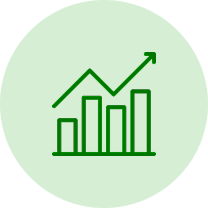 Real-Time Analytics
Real-Time Analytics
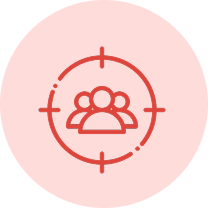 Sample Marketplace
Sample Marketplace
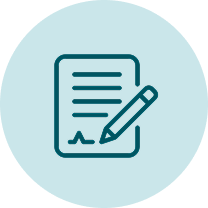 Survey Builder
Survey Builder
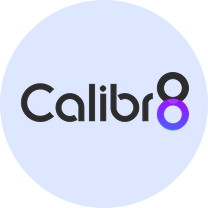 Calibr8
Calibr8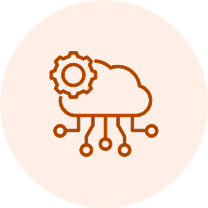 API & Integrations
API & Integrations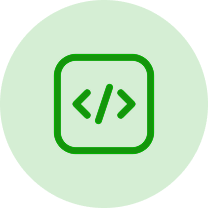 Custom Scripting
Custom Scripting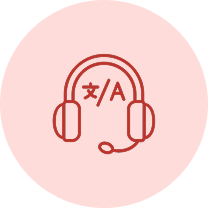 Multi-Language Support
Multi-Language Support White-Label Solutions
White-Label Solutions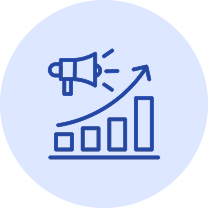 Brand & Advertising Research
Brand & Advertising Research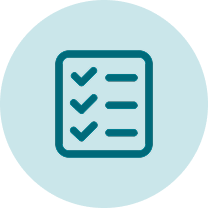 Competitive Intelligence
Competitive Intelligence Customer Experience Studies
Customer Experience Studies Market Segmentation
Market Segmentation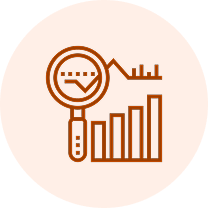 Product Testing & Feedback
Product Testing & Feedback Academic Research
Academic Research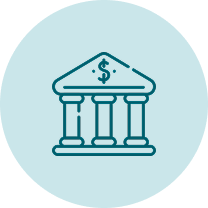 Financial Services Research
Financial Services Research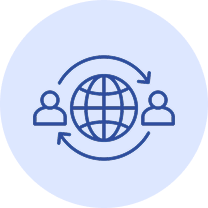 B2B Professional Panels
B2B Professional Panels Consumer Research Panels
Consumer Research Panels Global Panel Network
Global Panel Network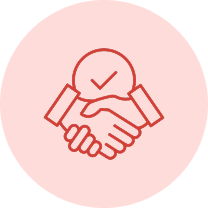 Premium Provider Partners
Premium Provider Partners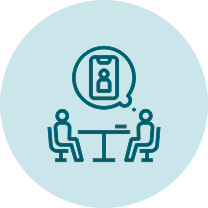 Social Media Recruitment
Social Media Recruitment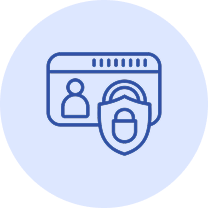 Fraud Detection System
Fraud Detection System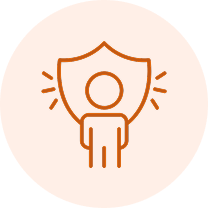 Profile Verification
Profile Verification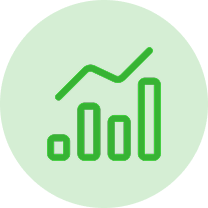 Quality Scoring Algorithm
Quality Scoring Algorithm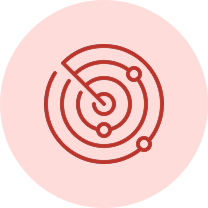 Real-Time Quality Monitoring
Real-Time Quality Monitoring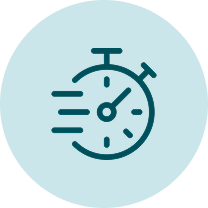 Response Time Analysis
Response Time Analysis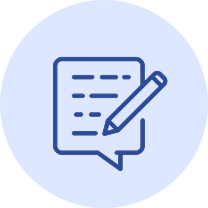 Blog & Insights
Blog & Insights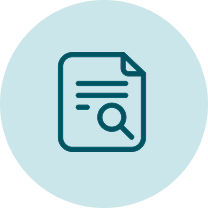 Case Studies
Case Studies